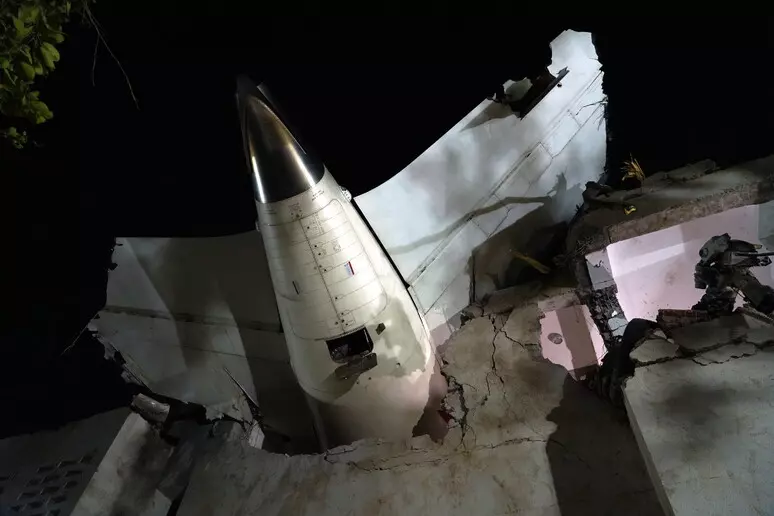A preliminary report released by India’s Aircraft Accident Investigation Bureau (AAIB) has shed light on several key details surrounding the crash of Air India Flight 171, which went down on June 12 in Ahmedabad, claiming the lives of 260 people. According to the document, just moments before impact, the fuel control switches for both engines of the Boeing 787-8 Dreamliner were moved from the “run” to the “cutoff” position, cutting off fuel supply and depriving both engines of the necessary thrust.
The analysis highlights that the two pilots appeared to be confused about the switch configuration, which led to a loss of engine power almost immediately after takeoff. In fact, the entire flight lasted only 30 seconds. After the aircraft reached its recorded maximum speed, the cutoff switches were activated one after the other in quick succession, though it remains unclear how this sequence of events occurred.
The movement of the fuel control switches, normally used to start or stop fuel flow to the engines, was followed by an attempt to reset them to the “run” position. However, the engines did not regain thrust quickly enough to halt the aircraft’s rapid descent.
Terry Tozer, an aviation expert and former commercial airline pilot, explained in an interview with Sky News that in the event of an engine failure, a common procedure involves cycling the switches from “on” to “off” and back to “on” to initiate a restart. Unfortunately, the aircraft’s low altitude at the time left no margin for recovery, making the situation irreversible. Tozer described it as “absolutely bizarre” that the engine cutoff switches were triggered just seconds after takeoff.
In the final moments of the flight, the cockpit voice recorder captured a tense exchange between the pilots: one asked the other why the fuel injectors had been cut, to which the second pilot responded that he had not done so. The report did not assign responsibility to Boeing, which has expressed its willingness to support the investigation.
India’s Minister of Civil Aviation urged caution, stressing that the findings are preliminary and that no definitive conclusions should be drawn until the final report is released.
Air India has confirmed its full cooperation with investigators and announced more thorough inspections of its entire fleet of 33 Boeing 787 Dreamliners to help prevent future incidents.
The aircraft’s black boxes, cockpit voice, and flight data recorders were recovered in the days following the crash and analyzed in India, providing essential data to help determine the cause of one of the country’s most tragic aviation disasters in recent memory.










